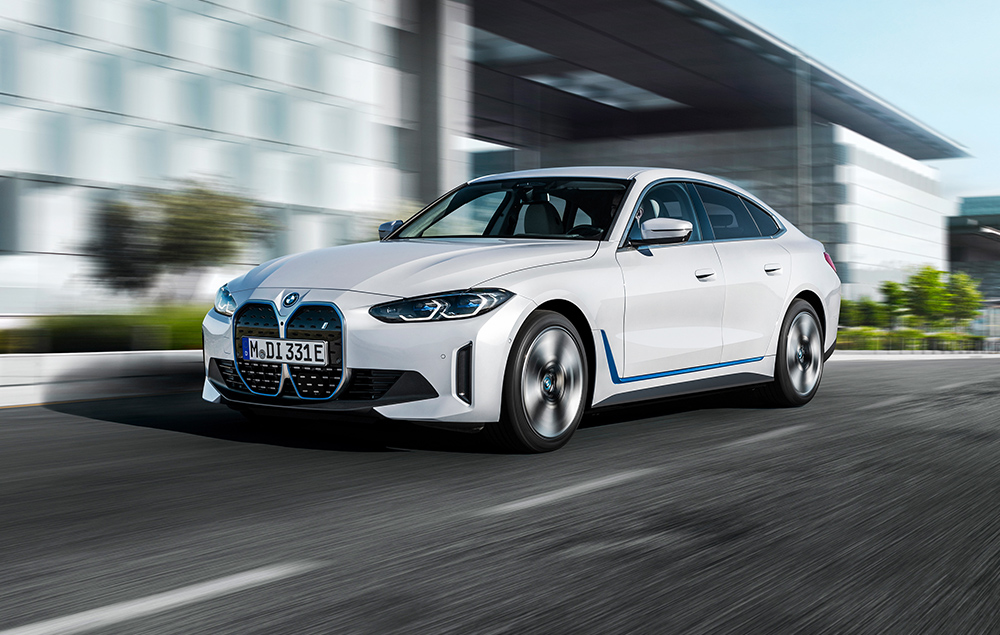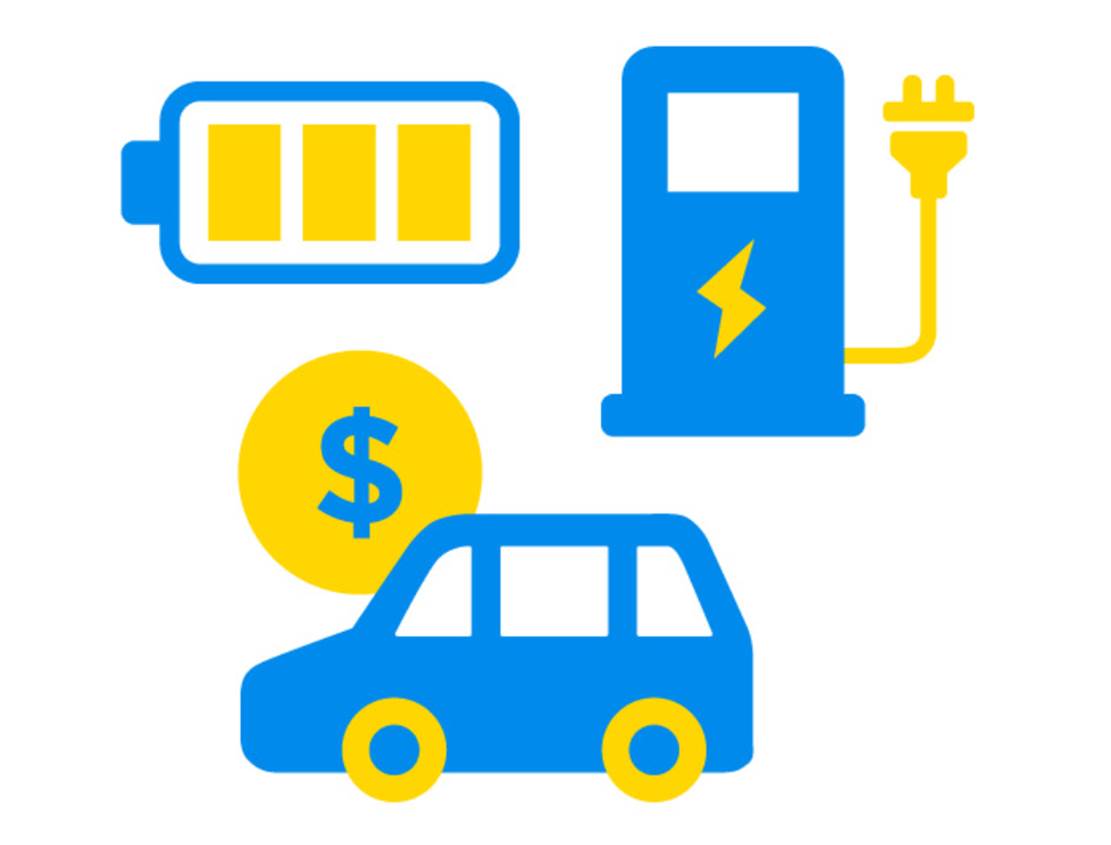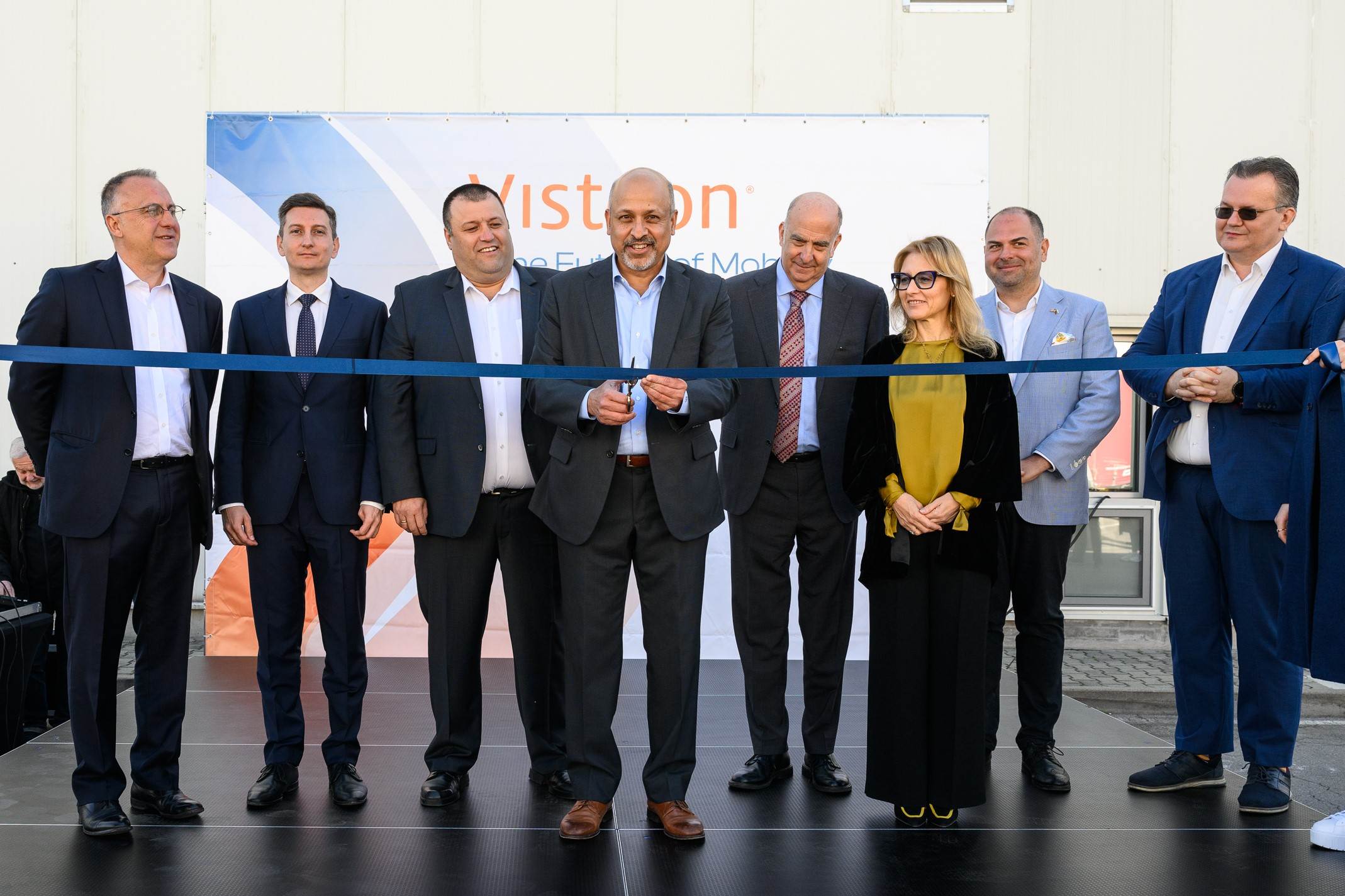Legacy automakers, keen to make an “orderly transition” to EVs, have embraced all kinds of half-measures, from PHEVs to awkward ICE-to-EV conversions to pick-your-powertrain production lines. Conventional wisdom among EV advocates is that this is a mistake—industry leader Tesla and other startups have generally taken a clean-sheet approach to designing both their cars and the factories that make them.
Well, don’t look now, but BMW is using the same basic bodies for its electric, hybrid, gas and diesel models, and is assembling all of them on the same assembly line at its Munich plant—and this swim-against-the-tide strategy is arguably paying off.
As the New York Times’ Jack Ewing reports, BMW (including the Mini brand) sold 376,000 EVs in 2023, a 75 percent increase from the previous year, and became the world’s fourth best-selling EV brand (it’s a small fish compared to BYD and Tesla, but miles ahead of any of the legacy US automakers).
EVs accounted for 15 percent of BMW’s sales in 2023, up from 9 percent the previous year. And, unlike GM or Ford, BMW reports that its EVs are profitable.
BMW has struck a balance: it was an early EV pioneer, but has proceeded cautiously. The brand’s most recognizable EV, the i3, went on sale in 2014, and was produced until 2022. BMW’s current offerings include hybrids, PHEVs and pure EVs. In Jack Ewing’s view, this strategy “bought the company time to develop expertise in battery technology and to…cope with fluctuations in demand, because it can more easily dial up or down production of different types of cars.”
Be that as it may, BMW’s transition to EVs is well under way. Next year, it plans to launch a new line of EVs called the Neue Klasse (New Class), featuring improved batteries and increased range. In Munich, internal combustion engine assembly lines are being decommissioned—the last V8 came off the line last year. Starting in 2027, BMW says it will produce only EVs in Munich, although it will continue to build ICE vehicles at other sites. It plans to begin manufacturing EVs in the US by 2030.
Unlike Audi and other competitors, BMW has declined to put an expiration date on ICEs, but Chief Executive Oliver Zipse told the Times that the industry’s future is electric. Sales of legacy BMWs have plateaued, and “the fastest growing segment is electromobility.”
Source: New York Times




